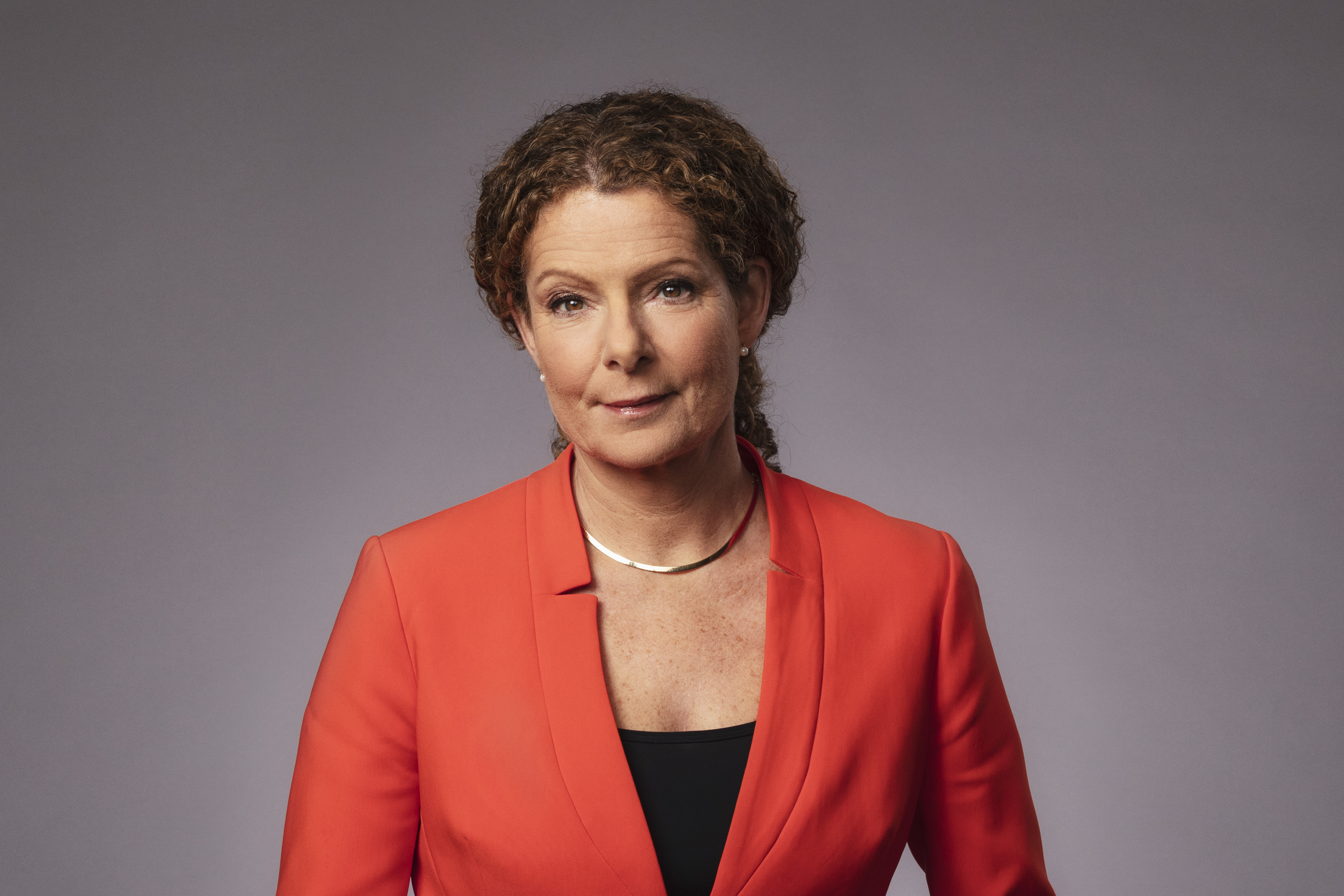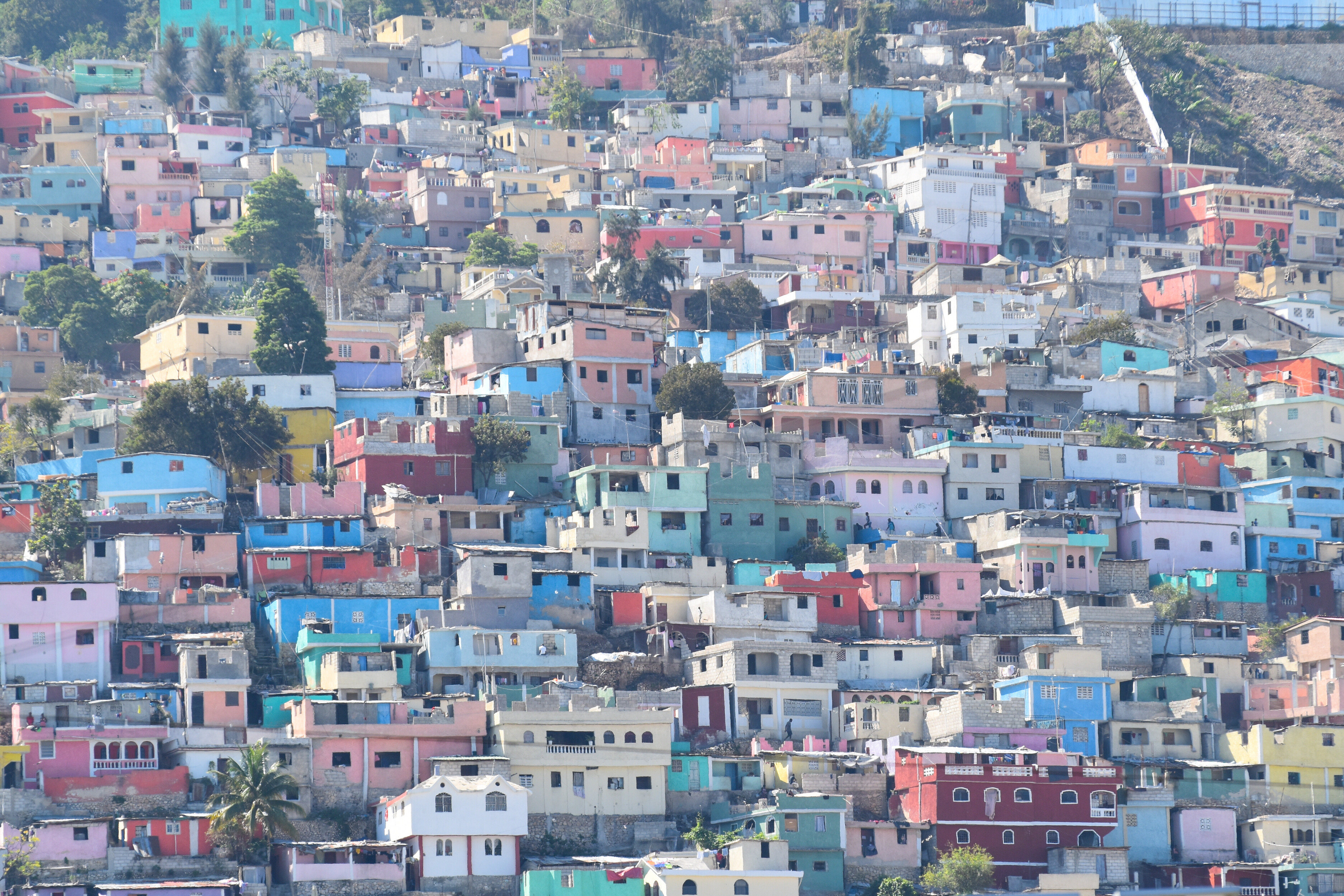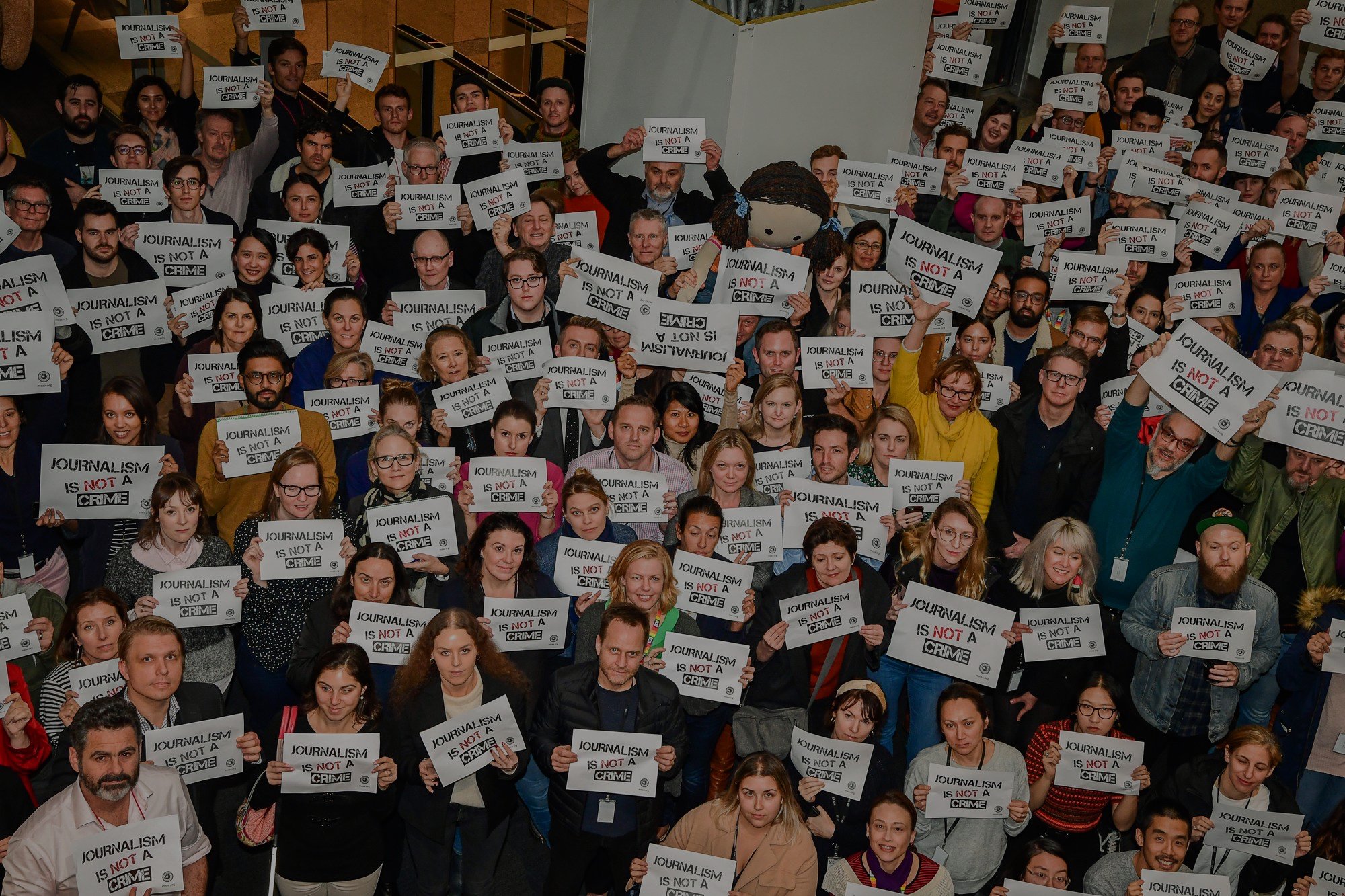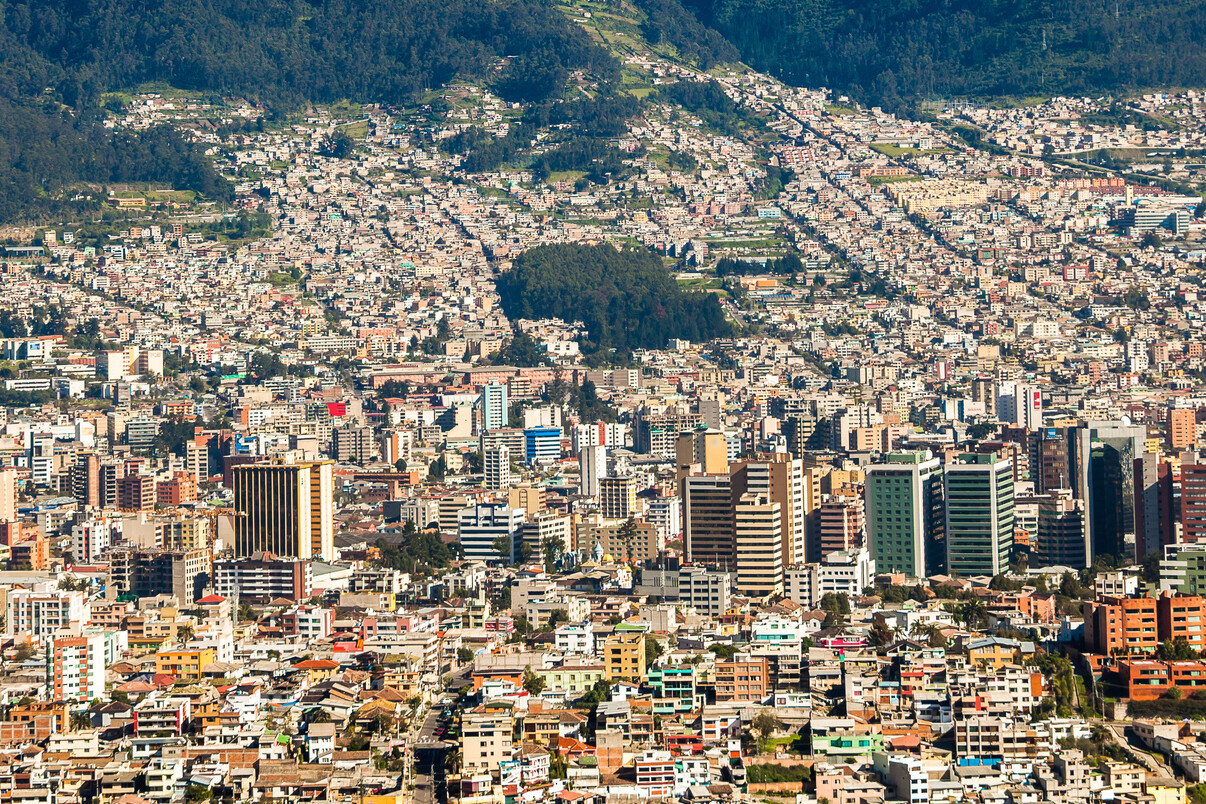By Kristian Porter
On the sixth International Day to End Impunity for Crimes against Journalists, the Public Media Alliance calls for greater protections for journalists and their fundamental role in holding power to account.
Around the world as many as 40 journalists have lost their lives in the past year. Yet despite this being significantly lower than the 100 killed in the same period last year, impunity for perpetrators continues to persist. In fact, according to IPI, none of the 40 killings since November 2018 have been resolved.
But this is just the tip of the iceberg. Out of the 1109 journalists killed between 2006 and 2018, 88% of cases remain unresolved according to a recent UNESCO report.
It’s a global phenomenon. In Europe, there is still no justice for Daphne Caruana Galizia, a tireless investigative journalist and anti-corruption campaigner. Daphne was killed by a bomb, planted under her car, as she drove away from her family home in Malta in 2017. There is still no justice for Washington Post columnist Jamal Khashoggi, who was ambushed and brutally murdered in the Saudi consulate in Istanbul in 2018. And only one conviction has been issued for the killing of 31 journalists by criminal gangs in Mexico over the past decade.
Yet whether it’s the killing of one journalist or the growth in incidents of harassment, violence, hate speech and intimidation, impunity has a chilling impact on the ability of journalists to effectively inform public debate and democracy.
It sends the message that journalists can be killed or attacked without consequence or punishment, leading many journalists to self-censor through fear of reprisal.
Media freedom and the safety of journalists go hand in hand with democracy. They are co-dependent and needed more than ever in a polarised world, where politicians are among those increasingly fanning the flames of anti-news media rhetoric.
It is therefore critical that stronger legislation is put in place to better protect journalists and allow them to fulfil their role, but it is also necessary that media organisations find a way to work together to offer more comprehensive support.
This is why effective public media organisations have a key role to play. With accountability, high-quality journalism and informing democracy as core values, they can provide a vital framework for protection.
So please, stand with public media organisations worldwide and support the call for the rights of journalists and the role they play in ensuring free societies, to be protected and defended. There must be justice for those who have been killed, and this silence against impunity must end.
Find out more: Discover the extent of impunity for crimes against journalists by exploring UNESCO’s interactive map #KeepTruthAlive
Header Image: A man using a professional camcorder outdoor. Credit: porpeller/iStock
Related Posts
1st November 2019
Swedish Radio’s Director-General Cilla Benkö: Punishment for crimes against journalists must be harsher
The International Day to End Impunity…
23rd October 2019
Escalating violence towards journalists in Haiti
On October 10, radio journalist Néhémie…



